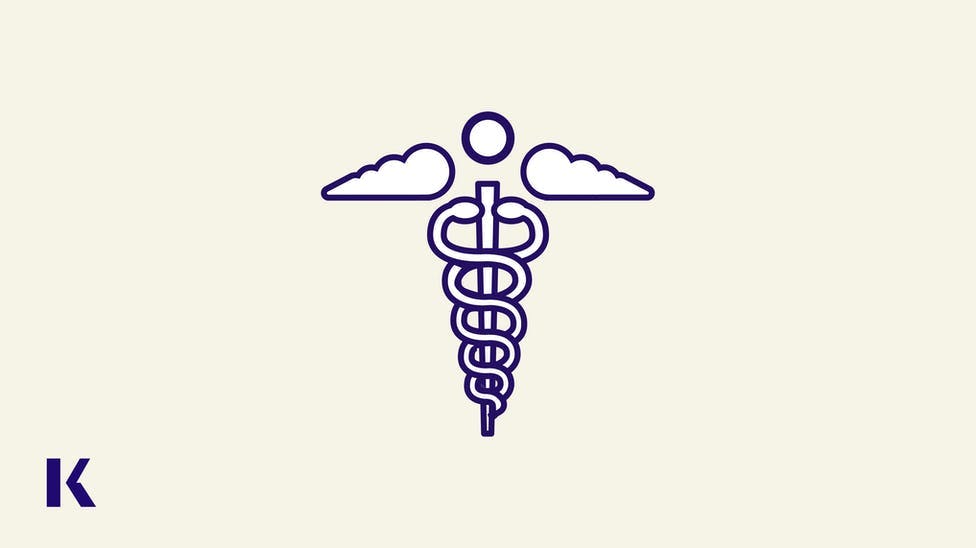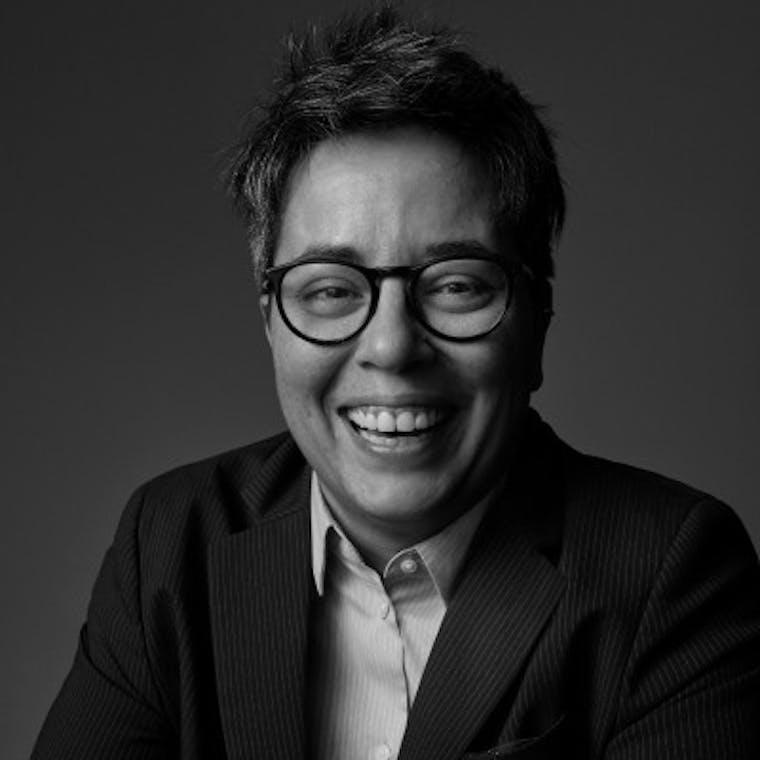Healthcare Heroes on the Brink: Why the System Is Failing the People Who Keep Us Alive
by Ilon Rincon Portas, M.D. | July 28, 2025

We love to celebrate them: future doctors, nurses, physician assistants, and other healthcare professionals. We call them resilient, dedicated, unstoppable. But under all that praise, there’s a brutal truth we’ve been avoiding: we’re burning them out before they even have a chance to begin.
Nearly half - HALF! - of medical students in the U.S. report symptoms of burnout. That stat alone should stop us in our tracks. And it’s not just medical students. Nursing students, DO students, and others in healthcare programs are reporting the same: rising stress, crushing debt, and a training system that pushes them to their emotional and physical limits.
This isn’t a personal problem. This is a systemic collapse hiding behind the illusion of “excellence.”
As Executive Director at Kaplan Medical, I see the pressure our students carry every single day. The emotional toll is staggering. The academic rigor is relentless. More than 75% of them are in serious debt before they’ve even touched a patient. And yet, we expect them to stay stoic, composed, and superhuman. We praise their endurance, but rarely question why they have to endure so much to begin with.
The message has been loud and clear for decades: “If you’re struggling, maybe this career isn’t for you.” That message is toxic. It’s killing joy, crushing purpose, and silently driving away some of the most compassionate, brilliant minds we have.
Daniel Blackman, a recent nursing graduate, said it perfectly. After surviving a wildfire and still showing up for school, he asked, “Do I really want to normalize exhaustion or anxiety? Or do I want to find real strategies to manage this?” His honesty cuts through the nonsense. We shouldn’t be teaching students how to survive trauma; we should be building systems that prevent it in the first place.
Dr. Micah Brown, an academic chief resident in dermatology, turned to therapy like many others during the pandemic—only to find out her school had just started offering free services. That delay? That silence? It’s exactly the kind of institutional hesitation that costs lives, dreams, and futures.
So why are we still dragging our feet?
Dr. Kenneth Johnson, Executive Associate Dean at NSU’s College of Osteopathic Medicine, didn’t sugarcoat it: “I don’t think anybody realized what it’s going to cost us.” The physician and nurse shortages aren’t just a coincidence. They’re a direct consequence of ignoring the burnout epidemic. We’ve designed a pipeline that’s so narrow and brutal, many don’t make it through. And now, institutions are scrambling to hire people who openly demand work-life balance. Imagine that—balance as a radical request in healthcare.
We need more than resources. We need a revolution in how we train and support healthcare professionals.
The “healthcare hero” myth has to die. The one that says crying is a sign of weakness, that stress is part of the job, and that rest is optional. We need to rebuild a culture that embraces vulnerability, prioritizes mental health, and treats students like human beings, not machines in training.
Dr. Kathryn Flannigan, Director of the School of Nursing at Arkansas State, asked the questions more of us need to ask: “What is a meaningful assignment? What are we doing just because it’s always been done?” Education should be innovative, relevant, and humane, not a rite of passage into burnout.
Daniel Blackman shared another powerful moment: after witnessing a patient code, no one debriefed him. No one asked if he was okay—except a different faculty member who happened to step in. That’s not just an oversight. That’s a complete failure of interprofessional education and basic human empathy.
But here’s the good news: change is possible—and it starts with leadership that’s unafraid to challenge tradition.
Nova Southeastern University is embedding wellness into its curriculum. Mandatory wellness hours. Peer mentorship. Not as fluff, but as survival tools. Because this is what survival looks like now.
So, what should institutions be doing today?
- Make confidential mental health services available from day one, not just during crisis weeks.
- Redesign curricula to focus on meaningful, high-impact learning, not volume for volume’s sake.
- Kill the “suffering in silence” culture by building in space for open dialogue and debriefing after difficult clinical experiences.
- Fund and elevate student-led peer mentorship programs—students often help each other better than anyone else can.
- Hold institutions accountable for the real cost of burnout—and make prevention a priority, not an afterthought.
- Train faculty to recognize distress early, intervene with compassion, and abandon outdated, punishing models of toughness.
Dr. Brown said something I can’t stop thinking about: “You work so hard in medicine… I’ve been trying to put that much work into myself.” That’s the call. That’s the work. That’s the kind of mindset we need to institutionalize, not shame.
Because if we don’t protect the mental health of the people we count on to care for us, we’ll lose more than just a few burned-out students. We’ll lose the future of healthcare itself.
Let’s stop patching cracks and start rebuilding the foundation.
Hear more firsthand experiences and insights on the growing crisis of student burnout and discover strategies for creating sustainable systems of support by watching our recent webinar, Mental Health and Burnout Prevention in Healthcare Students.

Ilon Rincon Portas graduated as an M.D. in Venezuela in 2004, where they worked as an Emergency/Expedition Doctor until January 2009, working in different settings that included a year in the Amazon jungle. They moved to the United States, took the Steps, and started working for Kaplan Medical in 2010 as an integral part of the Curriculum Development Team, creating medical content for all USMLE steps, as well as teaching both students and medical faculty with a special interest in clinical skills.
